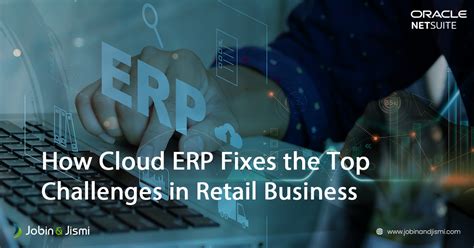In today’s fast-paced marketing landscape, leveraging automation tools is essential for driving engagement and efficiency. CiviCRM, a powerful open-source CRM platform, offers robust capabilities for transforming how organizations manage customer interactions. This article delves into how CiviCRM can streamline your marketing processes through effective email and workflow automation. By exploring the platform’s features, we’ll reveal strategies to enhance your marketing performance, from automating personalized communications to optimizing complex workflows. We’ll also discuss best practices for data management and share real-world case studies demonstrating the transformative impact of CiviCRM. Discover how to unlock CiviCRM’s potential and achieve sustained growth for your organization.
sizecredit.com will guide you through an in-depth exploration of this topic.
1. Introduction to CiviCRM and Its Capabilities
CiviCRM is a versatile, open-source CRM system designed to meet the needs of nonprofit organizations, advocacy groups, and civic sector entities. It provides a comprehensive suite of tools to manage relationships, streamline operations, and enhance engagement with supporters. At its core, CiviCRM integrates various functionalities, including contact management, event planning, fundraising, and membership tracking, into a single platform.
One of its standout features is its ability to automate email campaigns, allowing users to craft personalized messages based on specific criteria and trigger automated responses. Additionally, CiviCRM excels in workflow automation, enabling organizations to design and implement complex processes with ease. This capability supports efficient management of tasks such as lead nurturing and follow-ups. By centralizing data and automating repetitive tasks, CiviCRM not only simplifies operations but also enhances the overall effectiveness of marketing strategies. Embracing CiviCRM empowers organizations to foster stronger connections with their au
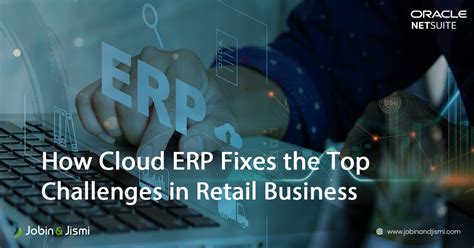
2. Leveraging CiviCRM for Email Automation
CiviCRM offers robust email automation features that can significantly enhance your marketing efforts. By using CiviCRM, organizations can automate various aspects of their email campaigns, making it easier to engage with supporters and prospects. The platform allows users to set up personalized email templates that can be tailored based on contact attributes, such as donation history, event attendance, or membership status.
One of the key benefits of CiviCRM’s email automation is its ability to trigger automated responses based on specific actions or dates. For instance, you can create automated welcome emails for new subscribers, follow-up messages for event attendees, or re-engagement campaigns for inactive contacts. Additionally, CiviCRM’s segmentation capabilities enable you to target differ
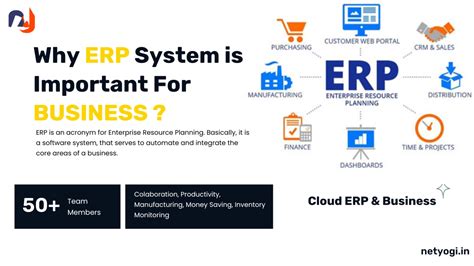
3. Optimizing Workflow Automation with CiviCRM
CiviCRM’s workflow automation capabilities offer significant advantages in streamlining organizational processes and improving efficiency. By leveraging its workflow automation tools, you can design and implement customized workflows that align with your organization’s specific needs. These workflows automate repetitive tasks, reduce manual intervention, and ensure consistency across various functions.
With CiviCRM, you can automate tasks such as follow-ups, data updates, and lead management. For instance, workflows can be set up to automatically assign tasks to team members based on predefined criteria or trigger alerts for important actions, such as donation milestones or membership renewals. This ensures that no critical steps are overlooked and that your team remains focused on strategic activities.
Additionally, CiviCRM allows for the creation of complex workflows involving multiple steps and conditions, enabling you to handle intricate processes with ease. By optimizing these workflows, organizations can enhance operational efficiency, minimize errors, and improve overall productivity, leading to more effective management of marketing and engagement strategies.
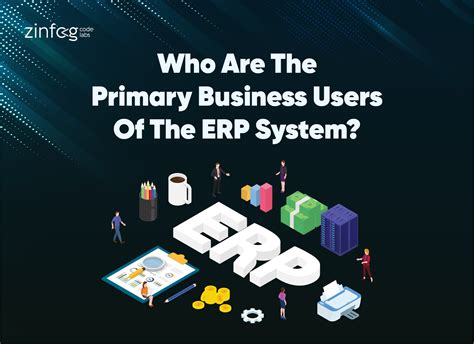
4. Best Practices for Data Management and Segmentation
Effective data management and segmentation are crucial for maximizing the impact of your CiviCRM automation strategies. To ensure optimal results, it’s important to follow best practices in handling and organizing your data.
Start by maintaining accurate and up-to-date contact records. Regularly clean your database to remove duplicates and outdated information, which helps in preventing errors and improving the quality of your campaigns. Implement data validation rules to ensure new entries are accurate from the outset.
Segmentation is key to delivering personalized and relevant communications. Use CiviCRM’s powerful segmentation tools to categorize contacts based on various criteria such as demographics, engagement history, or interests. This allows you to tailor your messages to specific groups, increasing their relevance and effectiveness.
Additionally, establish clear data governance policies to ensure compliance with privacy regulations and maintain the security of sensitive information. Regularly review and update your data management practices to adapt to changing needs and technologies. By following these best practices, you can enhance your marketing efforts and drive better engagement through more targeted and effective communications.
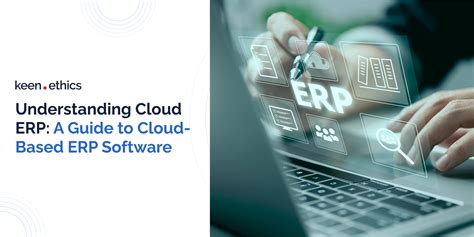
5. Case Studies and Success Stories
Numerous organizations have successfully harnessed CiviCRM’s capabilities to enhance their marketing automation and streamline workflows, showcasing its effectiveness across different sectors.
For example, a nonprofit focused on environmental conservation used CiviCRM to automate its email outreach and event management. By segmenting its contact list based on engagement levels and interests, the organization was able to deliver personalized messages and reminders, leading to a significant increase in event attendance and donations.
Another case study involves a community advocacy group that implemented CiviCRM’s workflow automation to manage its advocacy campaigns. The organization set up automated processes to track supporter interactions, send follow-up emails, and assign tasks to team members. This automation resulted in improved coordination, faster response times, and a more organized approach to managing campaigns.
These success stories highlight how CiviCRM can transform marketing efforts by automating repetitive tasks, personalizing communications, and optimizing workflows. By leveraging these strategies, organizations can achieve greater efficiency, enh
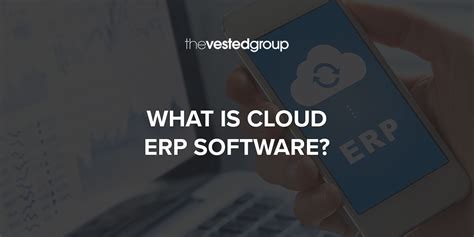
CiviCRM’s powerful automation tools offer significant benefits for streamlining marketing processes and enhancing efficiency. By leveraging email and workflow automation, optimizing data management, and learning from successful case studies, organizations can achieve more personalized engagement and
sizecredit.com
